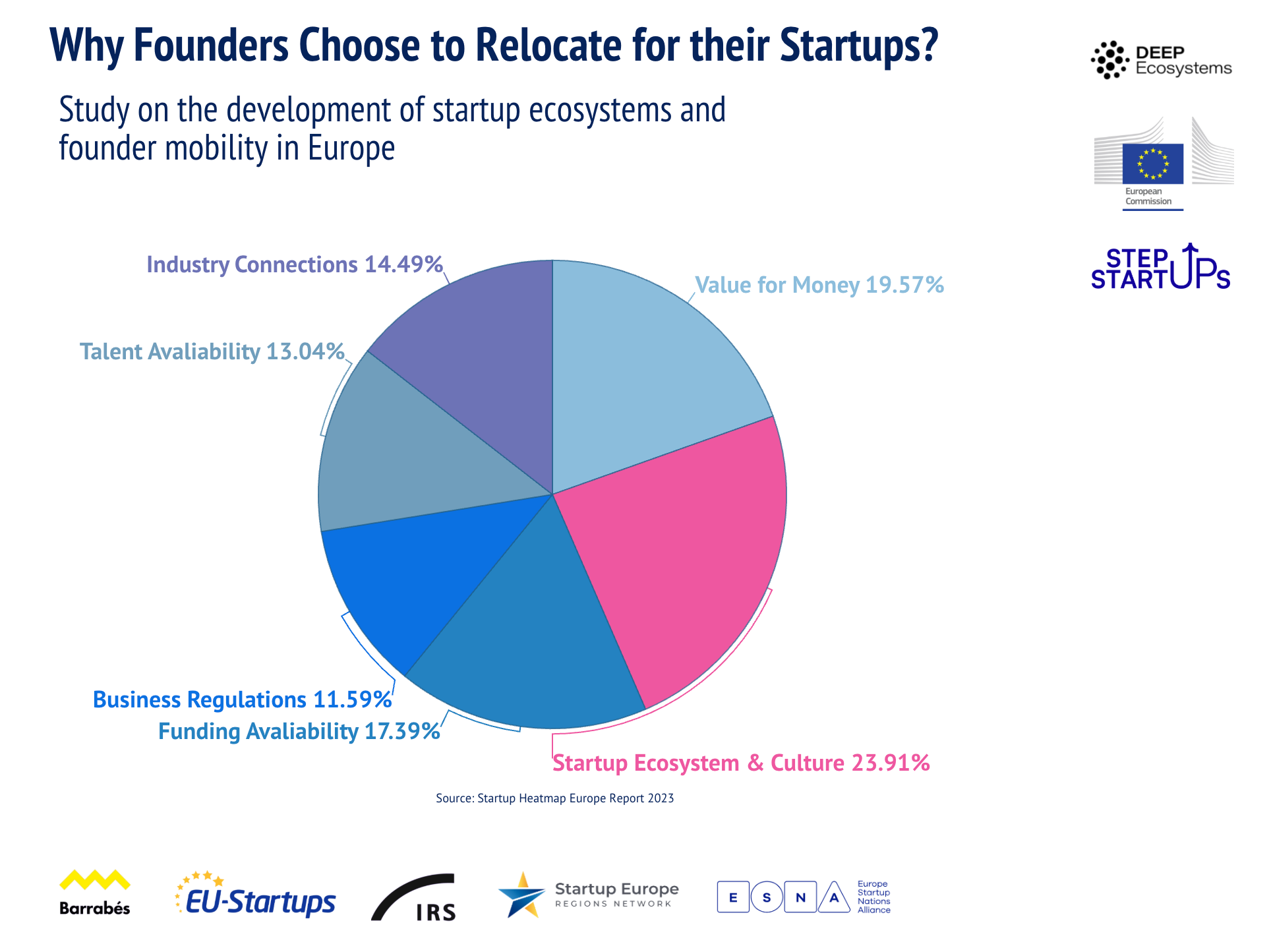From the Cockpit to the Ground: Slow Travel for a Sustainable Future

As a former airline pilot, I have witnessed the transformation of travel from a luxurious experience to an often stressful and unsustainable endeavor. This realization sparked a vision for a different kind of travel—one that aligns with our innate human desire for connection, not only with other humans but with all of nature. We sometimes forget that we don’t live in isolation but are essentially one.
The COVID-19 pandemic brought this reality into sharp focus. As the world retreated indoors, many of us found solace in nature, rediscovering our fundamental connection to the environment. Our inter-being became clearer than ever, and our normal lives were constrained to protect us as a whole. This period of reflection and forced slowdown revealed the unsustainability of our previous travel patterns and highlighted our deep-seated need for meaningful connections—both with each other and with the natural world. It became evident that a new approach to travel was necessary for our collective well-being and the health of our planet.
A Shift Toward Slow Travel
As a result tourism started to shift. Instead of simply consuming traditional tourist experiences, travelers are increasingly looking for ways to contribute to regional development. Research from Booking.com and Accor 2025 confirms that travelers are prioritizing immersive, impactful experiences that allow them to actively participate in local transformation.
At the same time, the rise of remote work has untethered professionals from fixed locations, allowing for extended stays and deeper cultural immersion. This resulted in the emergence of slow travel, radically impacting the future of work and mobility. It supports more flexible, location-independent work arrangements while promoting sustainable practices and fostering global connections.

This chart shows why founders relocate within Europe—driven primarily by startup ecosystem quality (23.91%) and value for money (19.57%). It highlights the need for stronger, more connected ecosystems, echoing the Beyond Fragmentation report’s call to address barriers like regulatory inconsistency and uneven funding across regions.
Why Europe Needs This Shift
Europe has an opportunity to lead in sustainable development, but challenges remain. The EU-funded Beyond Fragmentation report highlights these issues:
1. Legal and regulatory fragmentation across EU countries, limiting the ability to take advantage of the diverse EU27 ecosystem.
2. Barriers to founder and talent mobility between European countries.
3. Uneven distribution of investment across regions, with funding concentrated in a few major hubs.
4. Lack of a distributed network of entrepreneurship infrastructure and support across Europe.\
5. Difficulty in scaling startups across borders due to market segmentation and regulatory complexities.
6. Challenges in attracting and retaining top talent, preventing “brain drain” to other regions.
Initiatives like the European Startup Nations Alliance (ESNA), StepUp Startups Initiative, EU Startup Nation Standard, Horizon Europe, Erasmus + and EIC Accelerator are demonstrating that Europe is already working hard. However, scalable models are needed—ones that integrate these efforts into real-world solutions for both local and global communities.
Cobana: A Model for Sustainable Growth
Cobana, part of DEEP ecosystems’ Impact Collab, provides such a model by creating a Collaborative Ecosystem in Transylvania that unites key players—government bodies, incubators, accelerators, co-working spaces, art institutions, universities, and local permaculture communities. By fostering collaboration, Cobana helps bridge the gaps often seen in startup ecosystems, creating a cohesive platform for innovation and sustainability.
1. Enhancing Mobility and Connectivity.
Cobana facilitates global and local connections through:
– International Collaboration: Hosting workshops, skill shares, and residencies that bring together participants from diverse regions.
– Cross-Border Knowledge Exchange: Partnering with universities and art institutions to support research collaborations and citizen science projects that drive transnational learning.
2. Building a Distributed Network.
Cobana demonstrates a scalable approach to sustainable infrastructure by:
– Repurposing existing guesthouses as potential models for regional expansion.
– Developing a co-living and co-working hub with a permaculture garden as a prototype for sustainable living.
3. Driving Investment and Startup Growth.
The project nurtures entrepreneurial success and investment by:
– Hosting sustainability-focused incubators and accelerators.
– Connecting local and global entrepreneurs.
4. Advancing Sustainability and Innovation.
Cobana actively addresses environmental and social challenges by:
– Implementing ecological food production and permaculture practices.
– Promoting slow travel tourism to encourage cultural and ecological immersion.
– Integrating art and conservation efforts.

Within the tourism sector, the report notes that environmental startups, including those focused on sustainable mobility and ecotourism, are gaining traction. These startups are leveraging innovative solutions to address environmental challenges, contributing to the broader sustainability agenda.
A VISION FOR THE FUTURE
Imagine a thriving region where regenerative agriculture flourishes, where locals and global innovators collaborate on sustainable projects, and where art and conservation blend seamlessly into everyday life. In this vision, high-skilled talent returns to the region, inspired by opportunities that bridge tradition with forward-thinking innovation. Instead of isolated urban centers, communities are distributed across landscapes in harmony with nature, creating a decentralized yet interconnected way of living and working.
This concept aligns with solarpunk ideals, envisioning a future where technology and ecology coexist harmoniously. Sustainable regional development isn’t just a possibility—it’s already happening through initiatives like Cobana, and it has the potential to reshape the way we work and travel worldwide.
Join the Movement
For those who see themselves as part of this movement, the first step is to experience it firsthand. Whether you’re an entrepreneur looking for inspiration, a digital nomad seeking a deeper connection to a community, or a policymaker interested in fostering sustainable tourism and economic growth, Cobana offers a tangible way to engage.
Instead of simply joining the conversation, we invite you to book a stay and immerse yourself in the experience of slow travel and innovation at Cobana. Start with a discovery call to explore how your unique skills, vision, or resources can contribute to this mission.
The journey from the cockpit to the ground has taught me that true progress often requires us to slow down, connect deeply, and think sustainably. The next phase of travel and entrepreneurship is here—are you ready to be part of it?
About the Author

David de jong
David is a former airline pilot, community weaver, and founder of Cobana, a co-living and working hub inspired by Transylvania’s wild beauty. With a background in human factors and complexity science, he explores how diversity fosters effective collaboration. At Cobana, he curates residencies and gatherings for change-makers, leveraging the TeamFlow Alignment method to uncover synergies and enhance project impact. Dedicated to rural ecosystem development, he creates networks that blend global and local voices, promoting regeneration and sustainable living.
